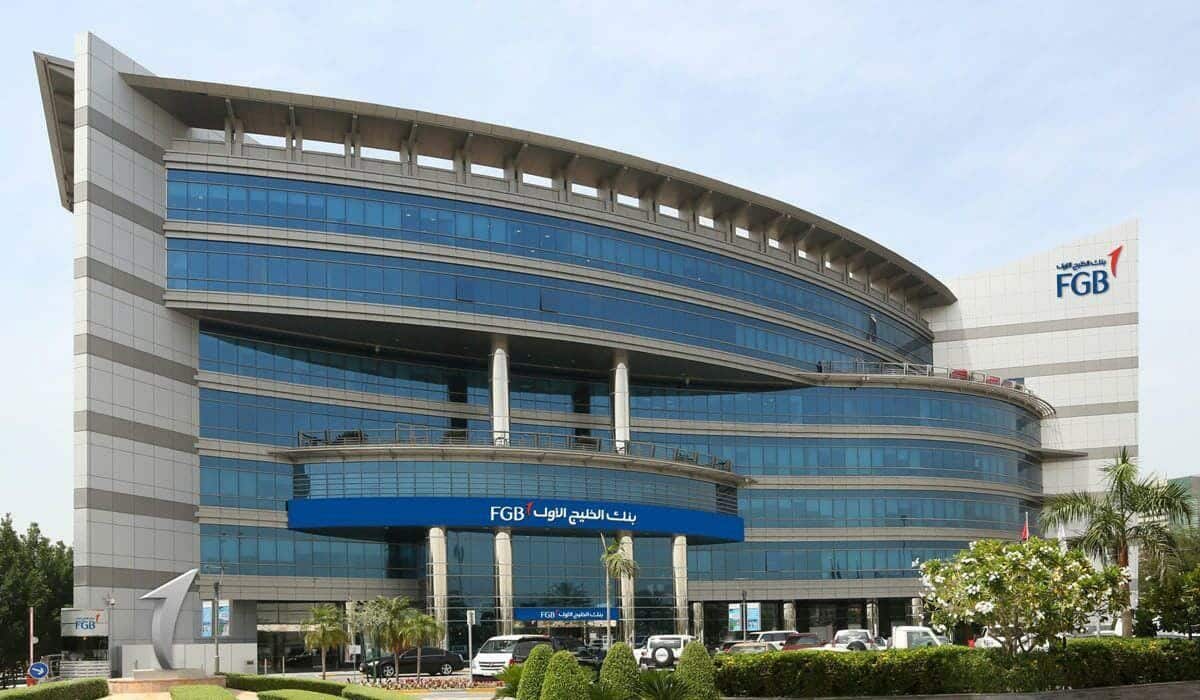Overcoming the disruptive fall-out from the COVID-19 pandemic, the GCC banks have restructured business models and some of them have merged to form stronger banks.
The margins of the regional banks were under pressure throughout 2020 and early this year, but they managed to stay afloat by reducing costs and improving efficiency.
Digital transformation brought about by COVID-19 has made banks more open to branchless and cashless banking. As a result, they have been able to manage better in H1 2021 than they did in the same period in 2020.
Saudi banks
In Saudi Arabia, the banking sector witnessed the merger of two largest banks – National Commercial Bank and Samba Financial Group – created Saudi National Bank (SNB).
In line with the overall economic recovery in the oil kingdom, the banks in their financial results, have revealed a tangible leap in the performance of their business for the first half of 2021.
The SNB reported a net profit of US$1.53bn for the first half of 2021, a rise of 12 percent from US$1.31bn in the year-ago period.
Listed on Tadawul, the Al-Rajhi Bank announced a 44 percent increase in profits of US$1.8bn in H1 2021 compared with US$1.28bn during the corresponding period in 2020.
The profits of Alinma Bank rose to US$350m by the end of the first half of 2021, with a growth rate of 43 percent, compared with 251.35m achieved for the same period last year.
Banque Saudi Fransi earned US$400m in H1 2021 compared with US$290m for the same period last year.
Riyad Bank, the third largest Saudi bank in terms of assets, earned US$400m in the H1 2021. Bank Albilad’s profits rose to US$215.63m compared with US$156.79m for the same period in 2020.
Bank AlJazira’s net profit after Zakat and tax was US$152.71m in H1 of 2021, compared with US$92.62min H1 20.
Emirates Banks
Bank profits in the UAE rose 15.7 percent in the first half of 2021, reaching US$4.6bn from US$4bn during the same time in the previous year.
The earnings of Abu Dhabi banks increased to US$2.5bn while Dubai banks earned US$2.1bn.
Among the listed UAE banks, First Abu Dhabi Bank earned a profit of US$1.4bn, as opposed to US$1.3bn in the corresponding period of the previous year.
Abu Dhabi Commercial Bank (ADCB) profits rose 76 percent year-on-year to US$687m in the first half of this year, compared with US$686m in the first half of 2020.
Emirates NBD was the best-performing bank in the Dubai Financial Market, earning US$1.3bn compared with US$1.1bn in H1 2020. Similarly, Dubai Islamic Bank had a net profit of US$504m, compared with a profit of US$577m during H1 2020.
Bahrain Banks
By 2020, Bahraini banks’ profits fell 33 percent on an annual basis to US$777bn due to reductions in commissions and interest payments on loans, as well as the Coronavirus.
However, the profits rose in H1 2021 due to improved interest margins and reduced preventive provisions for the pandemic.
Ahli United Bank’s profits increased by 1.7 percent in H1 2021. Al Salam Bank was in the black during the first half of 2021, posting a net profit of US$28.3m, compared to a net loss of US$18.8m in the previous year.
Kuwaiti Banks
Kuwaiti banks saw their profitability shrink by 52 percent in 2020, compared to an increase in assets of 2.9 percent, increase in deposits by 4.1 percent, and a growth in bank credit of 4.8 percent this year so far.
The National Bank of Kuwait netted a profit of US$534m while that of Kuwait Finance House grew to US$340m.
Qatar’s banks
The net profit of Qatar Islamic Bank (QIB) in H1 2021 was US$440 million while that of Qatar International Islamic Bank (QIIB) was US$77 million
Similarly Doha Bank’s net profit for H1 2021 rose to US$168.6m from the US$137.57m in the corresponding period last year while that of Qatar National Bank went up to US$1.9bn.








